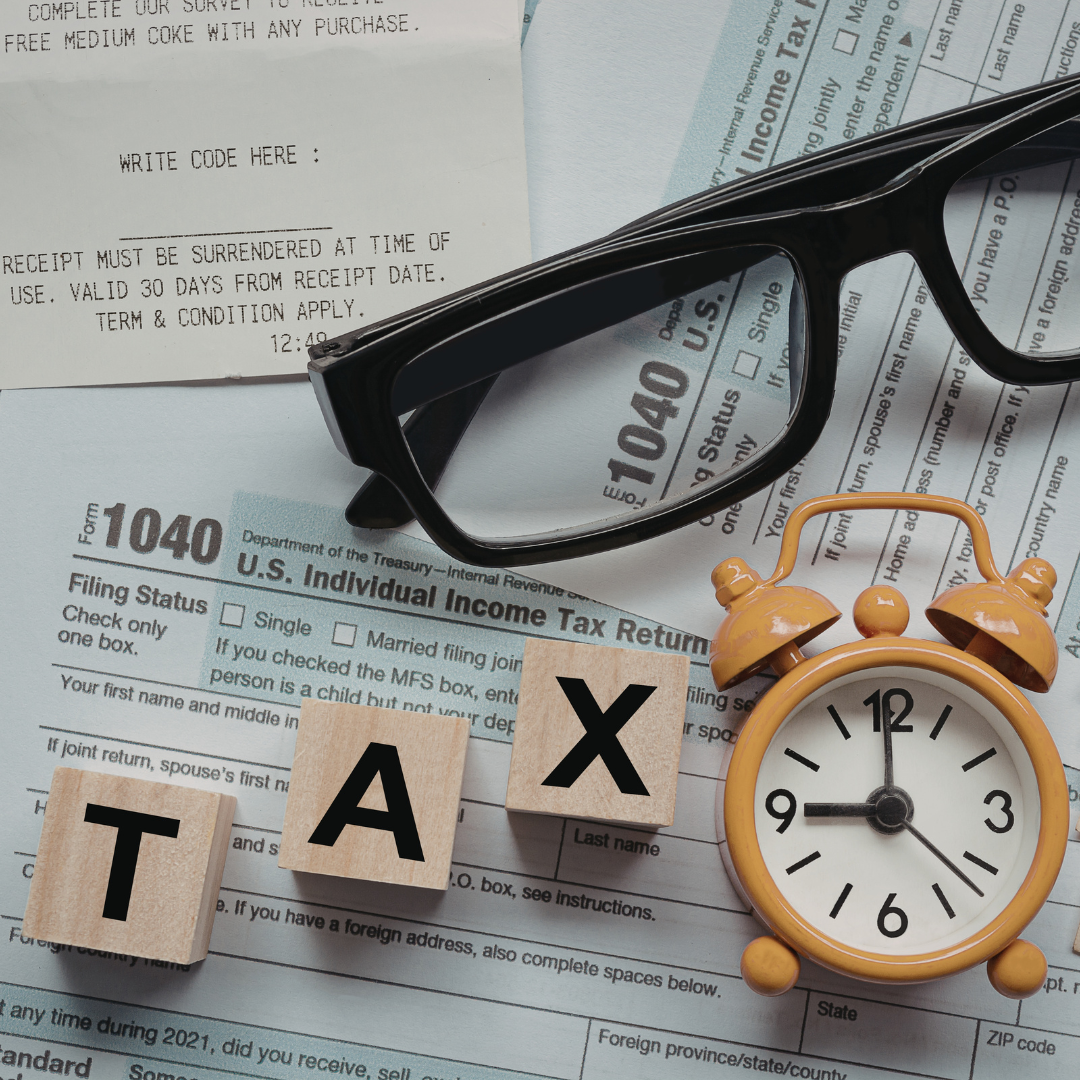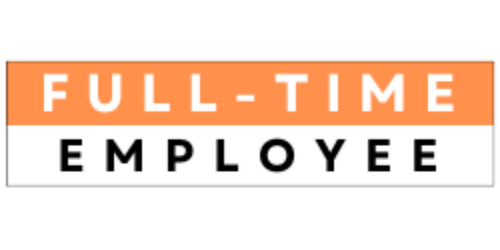Is Negative Cash Flow Worth It for Equity Gains? A Case Study of Long-Term Real Estate Investment
Real estate investors often prioritize positive cash flow, but negative cash flow doesn’t always mean a bad deal. In the right market, properties with small monthly losses can generate significant wealth through long-term equity gains.
Appreciation and mortgage principal reduction can outweigh short-term deficits, while tax strategies such as depreciation and cost segregation provide powerful offsets that improve overall returns.
For patient, well-prepared investors, negative cash flow can be a strategic choice, one that transforms into long-term wealth when paired with equity growth and smart tax planning.
Understanding Negative Cash Flow
Negative cash flow occurs when the total income generated by a property (usually rent) does not cover its expenses. This can include mortgage payments, property taxes, insurance, maintenance costs, property management fees, and more. In essence, you’re losing money on a monthly basis, and this can feel like a risky proposition. However, this does not automatically mean the investment is a bad one.
Many new investors shy away from negative cash flow properties, but seasoned investors recognize that sometimes, short-term losses can lead to long-term gains, especially when equity appreciation is involved. The key to making this strategy work lies in the potential for property value increases over time.
Equity Gains: The Long-Term Picture
Equity is the difference between the property’s current market value and the remaining mortgage balance. While negative cash flow means you're losing money each month, equity gains are built through two primary factors:
- Appreciation: Over time, the property’s value can increase due to market forces, neighborhood development, and improvements made to the property. In areas with strong demand, this appreciation can significantly outpace the short-term losses from negative cash flow.
- Principal Reduction: Every mortgage payment you make reduces the principal loan balance, which adds to your equity in the property. While your monthly payments might be more than the rent you’re receiving, this gradual reduction of the mortgage balance builds equity over time.
Case Study: Negative Cash Flow for Equity Gains
Let’s walk through a hypothetical example of a real estate investment with negative cash flow but high equity potential:
Property Purchase:
- Purchase price: $230,000
- Estimated monthly rent: $1,800
- Monthly expenses (mortgage, taxes, insurance, maintenance): $2,000
- Negative cash flow: $200 per month
At first glance, this property might seem like a poor investment due to the $200 loss every month. However, the long-term picture is different.
Equity Potential:
- The property is located in an area with rapid development and increasing demand for rental properties. Over the next few years, property values in the area are projected to increase by 5% annually.
- In addition, the principal reduction on the mortgage each year is about $2,500, further adding to your equity.
Calculating Long-Term Gains:
Let’s assume that after five years, the property appreciates by 5% per year. Here’s what the numbers look like:
- Year 1 property value: $230,000
- Appreciation over 5 years: 5% annual increase
- Property value after 5 years: $230,000 * (1.05)^5 ≈ $293,000
Equity Gains:
- After 5 years, the property’s value has increased by $63,000.
- The mortgage balance has been reduced by $12,500 (through principal payments), leaving you with additional equity of $75,500.
Despite the negative cash flow of $200 per month, the property has gained significant equity over five years. The negative cash flow ($200 * 60 months = $12,000) is offset by the $75,500 in equity growth, making the investment a net gain of $63,500.
Cost Segregation Example:
Now let’s add a tax strategy layer. If the investor conducted a cost segregation study on this property, they might accelerate $50,000 of depreciation into the first year. That creates a large paper loss that can offset other W-2 or business income.
- Negative cash flow over 5 years: –$12,000
- Equity growth over 5 years: +$75,500
- Net gain from appreciation and principal paydown: +$63,500
- Bonus depreciation from cost segregation (Year 1): +$50,000 tax deduction
When factoring in the tax savings, the investor could reduce their taxable income substantially in year one, potentially recovering tens of thousands of dollars in taxes.
This makes the negative monthly cash flow much easier to absorb and turns the property into a far stronger wealth-building asset.
When Does Negative Cash Flow Make Sense?
Negative cash flow properties can be a smart move under certain circumstances, especially for long-term investors. Here are a few situations where this strategy might make sense:
- High Appreciation Markets: If you’re investing in a market with strong, consistent appreciation potential, the equity gains can far outweigh the monthly losses. Cities experiencing growth, infrastructure development, or a booming job market are prime candidates for this strategy.
- Long-Term Investment Horizon: This strategy works best for investors who are in it for the long haul. It may not be sustainable for short-term investors looking for immediate returns, but for those with patience, negative cash flow can be a steppingstone to significant wealth.
- Principal Paydown: For investors with the means to carry a negative cash flow, the principal reduction over time will slowly build wealth, even if rent doesn’t fully cover expenses initially.
- Tax Deductions: Negative cash flow properties often lead to tax benefits, such as depreciation deductions, which can help offset other income.
- Diversification and Risk Mitigation: Even though negative cash flow might seem risky, diversifying your portfolio with a mix of cash-flowing and equity-building properties can help balance risks and rewards.
Potential Pitfalls to Watch Out For
While negative cash flow properties with high equity potential can be a lucrative long-term investment, there are some risks to keep in mind:
- Cash Flow Crunch: Without enough cash reserves, negative cash flow can strain your finances, especially during periods of vacancies, repairs, or unexpected expenses.
- Market Risks: While appreciation is often a good bet, there is no guarantee that a property will appreciate as expected. Economic downturns, changes in local demand, or shifts in the real estate market can affect property values.
- Management Stress: Managing a property with negative cash flow can be mentally and emotionally taxing. If you’re not prepared for the ongoing costs, it can lead to burnout.
Conclusion
Investing in properties with negative cash flow but strong equity potential can be a strategic move for long-term investors who are prepared to weather short-term losses for future gains. When done right, this approach can lead to significant equity growth, driven by property appreciation and principal reduction. As with any investment strategy, it’s essential to carefully analyze the market, the property, and your financial situation before taking the plunge.
If you have the patience, resilience, and resources to manage a property with negative cash flow, the payoff down the road could be well worth it. As the old saying goes: sometimes, you have to spend money to make money. And when it comes to real estate, that could very well be the case with negative cash flow properties.
Want Help Setting This Up?
If you're considering investing in properties with negative cash flow but strong equity potential, it’s crucial to have the right tax strategy in place. At INVESTOR FRIENDLY CPA®, we specialize in helping real estate investors like you structure their investments for maximum tax efficiency and long-term wealth growth.
We’ll guide you through optimizing your property portfolio, leveraging tax benefits like depreciation, and ensuring your investments are aligned with your long-term financial goals. Whether it’s understanding tax implications, setting up payroll strategies, or creating a plan to balance short-term losses with long-term gains, we're here to help.
Our Services Include:
- Tax-efficient real estate investment strategies
- Customized family payroll plans for real estate investors
- IRS-compliant job descriptions and documentation for family employment
- Long-term wealth-building strategies and asset protection
Get Started Today:
Reach out to INVESTOR FRIENDLY CPA® for expert guidance and start building your wealth with confidence.
Toll-Free: 1-800-522-6091
Website: www.investorfriendlycpa.com
Schedule your Strategy Call today and take the first step toward smarter, more profitable real estate investing.
- Why negative cash flow isn’t always bad: Short-term losses can lead to long-term wealth.
- How equity builds: Appreciation and principal paydown add significant value over time.
- A real case study: Showing $63,500 in net equity growth despite five years of negative cash flow.
- The tax advantage: Cost segregation and depreciation deductions can offset taxable income, further strengthening the investment.
- When it makes sense: Best suited for long-term investors in high-growth markets with the financial capacity to carry small losses.




.png)

.png)


.png)










